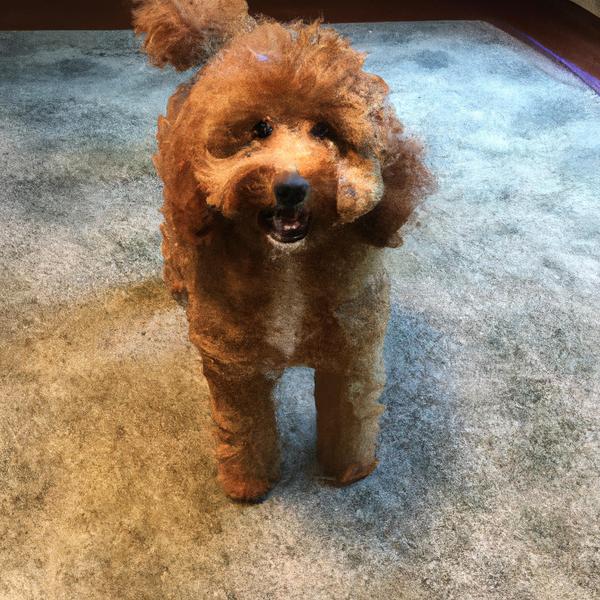
Papi-poo Breed Information & Characteristics
Hypoallergenic
Are Papi-poos Hypoallergenic?
Unfortunately, the Papi-poo is not hypoallergenic, making it not a good choice for a dog lover who suffers from pet allergies.
Temperament
What is a Papi-poo personality? What are Papi-poo dogs best known for?
Active
Happy
Energetic
Alert
Intelligent
Friendly
Trainable
Faithful
Instinctual
Shedding Level
Are Papi-poos heavy shedders? How Much Does a Papi-poo Shed?
Papi-poo will shed a negligible amount of hair. Some owners say that they do not shed, but that is not true. But the amount of shedding can be rather light than other dog breeds. If you do not want to deal with the hairs flying around in your home, then this breed is a perfect choice for you.
Watchdog Ability
What is the watchdog ability of a Papi-poo dog?
Papi-poos are not the best watchdogs. If you want a guard dog, the Papi-poo is not the breed for you. They will 'watch' everything - but that's usually as far as they go.
Origin
Where do Papi-poos come from?
United States
Ancestry
What are Papi-poos descended from?
Poodle and Papillon
Breed recognition
What organizations or kennel clubs recognize/register the Papi-poo breed?
ACHC = American Canine Hybrid Club
DBR = Designer Breed Registry
DDKC = Designer Dogs Kennel Club
DRA = Dog Registry of America, Inc.
IDCR = International Designer Canine Registry®
Date of Birth
When were Papi-poos first bred? How old is the Papi-poo breed?
1990s
Eye Color Possibilites
What color are Papi-poo eyes?
Brown
Amber
Nose Color Possibilites
What color can Papi-poo nose be naturally?
Black
Coat Color Possibilites
What color can Papi-poo coat be naturally?
White
Cream
Gray
Red
Sable
Black
White
Coat Length
How long is a Papi-poos coat?
The coat of a Papi-poo falls in the medium length category.
Coat Density
How Dense Is The Papi-poo Coat?
Coat Texture
What is the texture of the hair of a Papi-poo?
Wavy
Litter Size
How many puppies can a Papi-poo have in a litter? How many puppies can a Papi-poo have in her first litter?
A Papi-poo can have a litter of 2-4 puppies on average. However, it's worth noting that the size of the litters can vary greatly. Factors that can influence litter size include the health of the mother, breeding history, and genetics.
Adaptability
Papi-poos are known for their adaptability and versatility, they are capable of adapting well to a wide range of lifestyle changes and living environments. They are a highly adaptable breed, and make great companions for families and individuals of all lifestyles.
Health Issues
Do Papi-poos have a lot of health problems?
The Papi-poo is generally considered to be healthy. However, like all breeds, they are susceptible to certain health issues and it is important to keep an eye out for them and address them with your veterinarian as needed.
Major Concerns
What are the major health concerns to be aware of when owning a Papi-poo?
Epilepsy
Von Willebrand's Disease
Hypothyroidism
Addison's Disease
Legg-Calve Perthes Disease
Collapsed Trachea
Minor Concerns
What are the less significant issues to keep in mind when it comes to Papi-poos?
Patellar Luxation
Hypoglycemia
Eye Problems
Occasional Tests
What are the occasional tests recommended for Papi-poo breed?
Optical Examination
Buccal Mucosal Screening
Full Physical Examination
Blood Work and Urine Tests
Full Chemistry Panel Tests and Blood Count
Physical and Neurologic Examination
Blood Tests and Analysis
X-rays or other radiographic imaging
Echocardiography (ultrasound)
ACTH Test
Energy
Do Papi-poos have a lot of energy?
Papi-poos are known for their high energy levels, so if you're looking for a more low-key dog, this breed may not be the best choice.
Social Needs
Do Papi-poos need socialization? How social are Papi-poos?
Papi-poo have very high social needs. These needs include regular mental and physical stimulation, a job or purpose, and companionship. They thrive in environments where they have a lot of interaction with humans and other dogs.
Exercise Needed
How much exercise should Papi-poos get?
The Papi-poos a breed that requires only a small amount of physical activity to maintain a healthy lifestyle. These breeds are ideal for people with busy lifestyles, elderly people or those who have limited mobility. They also make great pets for those who live in small apartments or have limited outdoor space.
Sleeping Need
How much sleep should a Papi-poo have? Do Papi-poos sleep a lot?
Papi-poos dogs are tend to sleep less than other breeds, but they still require adequate sleep to maintain good health.
Tendency to Bark
How much does it bark?
Papi-poo dogs tends to bark less frequently than most other dogs. They tend to be quieter and less vocal than other breeds. They may only bark when necessary, such as to alert their owner of something or to communicate something. They do not bark excessively, and may not bark as much as other dogs in certain situations, such as when they are left alone.
Mouthiness
Are Papi-poos mouthy?
Roaming urge
What is the likelihood of a Papi-poo running away? Do they have a tendency to explore or wander frequently?
Prey Drive
Do Papi-poo dogs have a high prey drive?
Past times
What do Papi-poos enjoy doing? How do I keep my Papi-poo busy?
Cuddling
Activity Level
What is the energy level of a Papi-poo? How much energy does a Papi-poo have?
Papi-poos are medium-energy dogs and typically enjoy socializing and playing casual or even sustained games of chase with other dogs. They may also have occasional periods of barking or racing around the house.
Tolerance of being left alone
Walks per Week
How far should a Papi-poo walk each week? How many miles should a Papi-poo walk every week?
There's really no limit to how far you walk your dog as long as they're comfortable. For Papi-poo, it's at least 7 miles / week. Just remember to build distance and stamina gradually over time.
Activity per Day
How much a Papi-poo should exercise a day? How much activity does a Papi-poo need?
In general most Papi-poos usually need at least 60 minutes of exercise daily. This can be spread across the day and include all sorts of high-energy activities, like walking, running and playing.
Grooming
What level of grooming should be provided for a Papi-poo?
The Papi-poo is a breed of dog that requires a significant amount of grooming. They will also require regular trims, and a professional groomer's help is often necessary to keep their coat in good condition. They may also need regular baths to maintain their coat and skin.
Brushing Frequency
How often should you brush a Papi-poo?
Ideally, Papi-poo should be brushed at least 2 or 3 times a week (preferably daily) improve shedding.
Brushing Tools
What are the most commonly used brushing tools for Papi-poos?
Pin Brush
Dematter
Comb
Nail Clipper
Cups
How many cups of food does a Papi-poo eat?
For an average 7-14 pound (3 - 6 kg) Papi-poo feed 1 cups daily. But, keep in mind, the amount you feed is going to be dependent on the quality of the food you are feeding.
Daily Cost
How Much Does a Papi-poo Cost Daily?
The average cost of a Papi-poo is somewhere $1.40 - $2.80 per day.
Monthly Cost
How Much Does a Papi-poo Cost Per Month?
The average per month expenses of a Papi-poo is between $36 - $39. This makes an average of $432 - $468 per year. It will be on the higher side when the dog is still small because it will need more frequent visits to the vet, shots.
Intelligence
How intelligent is a Papi-poo?
The Papi-poo breed is considered highly intelligent and very easy to train.
Sensitivity Level
How sensitive is a Papi-poo dog?
This dog breed is more sensitive than others and easily overwhelmed by new surroundings and people. They need gentle handling and a calm, stable home environment with positive reinforcement training.
Affection Dependance
Are Papi-poo dogs affectionate?
Apartment Friendly
Do Papi-poo do well in apartments? Are Papi-poos good indoor dogs?
The Papi-poo is an apartment-friendly dog breed. They can do perfectly well in apartments providing they are sufficiently exercised and taken out and about as part of their owner's daily lifestyle.
Child Friendly
Are Papi-poos good with kids? Are Papi-poos good around children?
A Papi-poos typical characteristics indicate that this breed of dog is an ideal companion for kids and makes them family pets. Their gentle and protective nature and calm mentality make them gel along quickly with the younger humans
Senior-friendly
Are Papi-poos good for elderly?
Cat Friendly
Are Papi-poos good with cats? How friendly Papi-poos are toward cats?
Papi-poos are very cat friendly dogs. They generally make good companions for cats.
Dog Friendly
Do Papi-poo dogs get along with other dogs? Are Papi-poos OK with other dogs?
Papi-poos are average friendly towards other dogs. If they are raised with other dogs, they are likely to get along with them. And, if they are socialized properly from a young age, they will usually be great with other dogs.
Pet friendly
How do Papi-poo dogs interact with other pets? Are they considered pet-friendly?
Stranger Friendly
Are Papi-poos friendly with strangers?
Papi-poos are very friendly around strangers.
Playfulness
Do Papi-poos like to play? Are Papi-poos playful?
Papi-poos are known to be highly playful dog. So if you're not up for all that, think about adopting a slightly older Papi-poo for a mellower experience.
Trainability
Are Papi-poo easily trained?
Papi-poo dogs are known for their ease of training and ability to learn quickly, making them a popular choice for pet owners and trainers alike.
Compare Papi-poo with other breeds
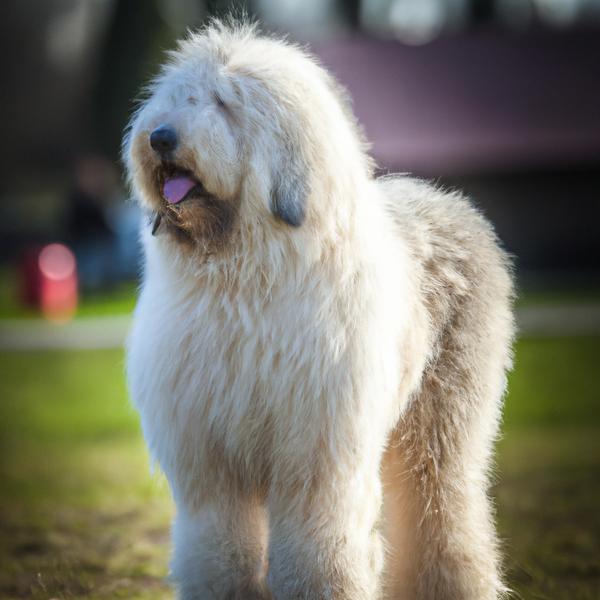
Komondor
Papi-poo vs Komondor
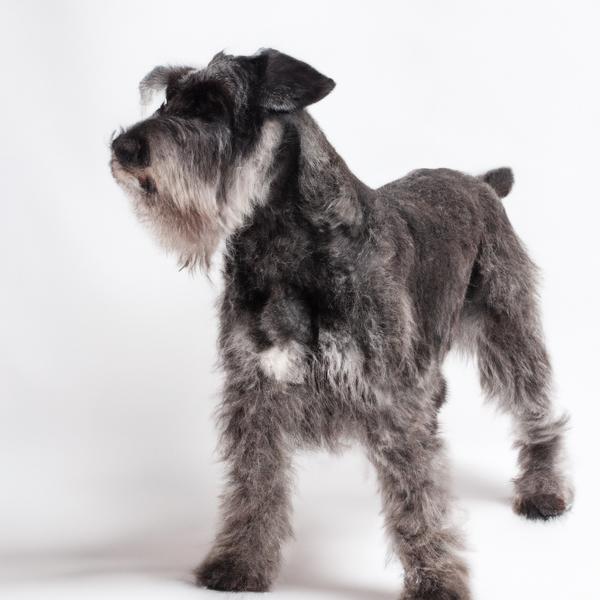
Schnottie
Papi-poo vs Schnottie

Doubull-Mastiff
Papi-poo vs Doubull-Mastiff
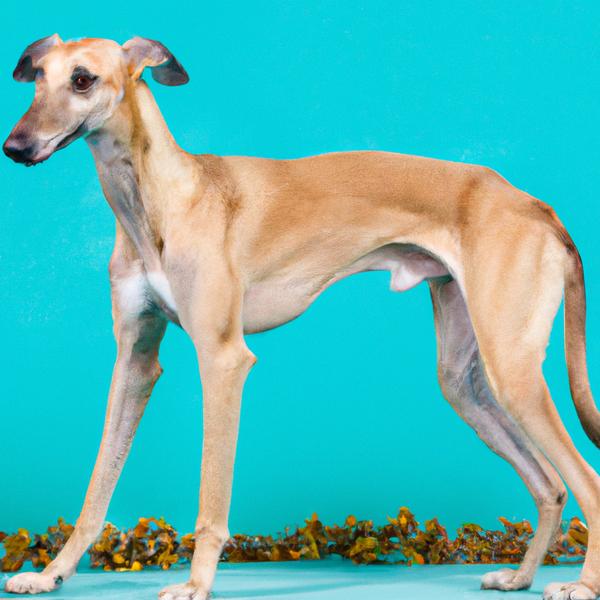
Sloughi
Papi-poo vs Sloughi
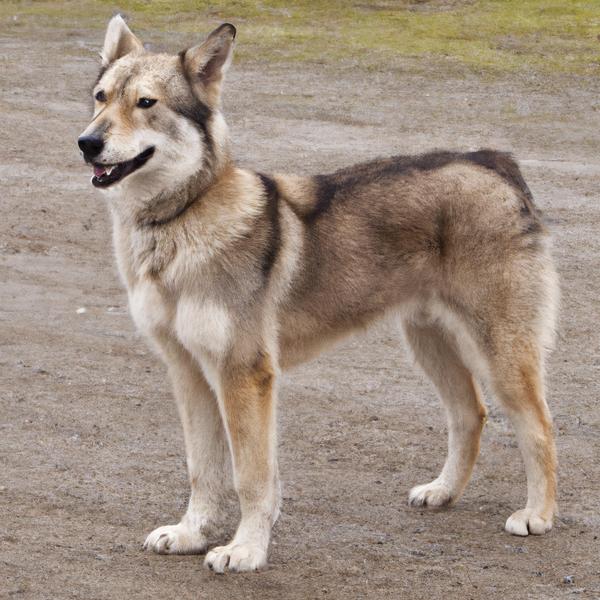
Elk-Kee
Papi-poo vs Elk-Kee
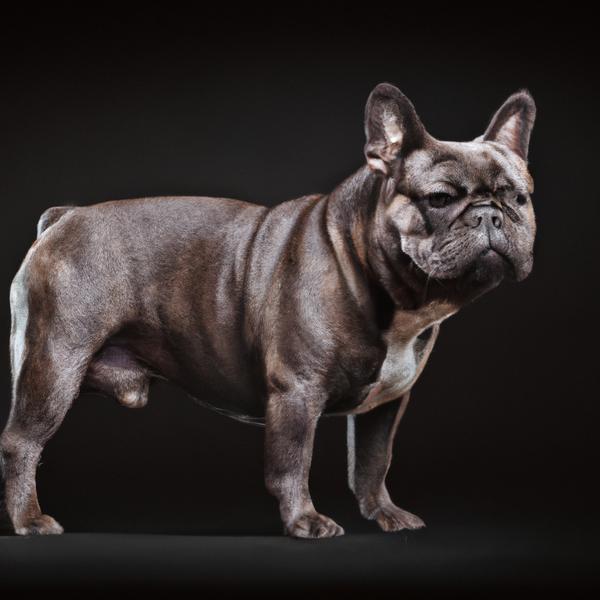
Italian Bulldogge
Papi-poo vs Italian Bulldogge
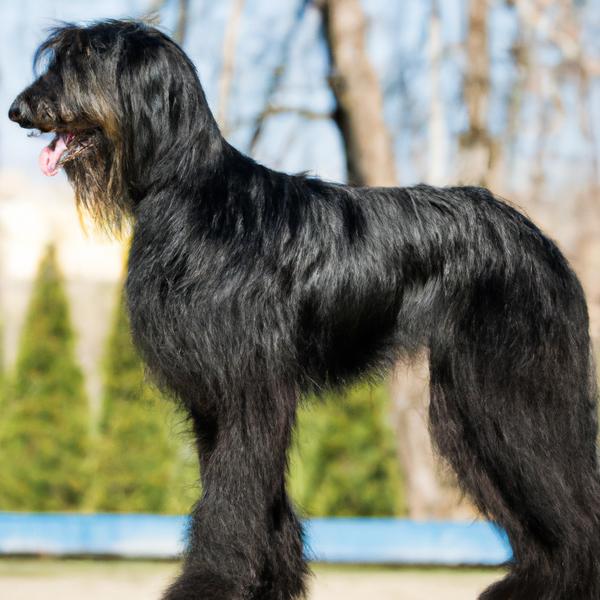
Black Russian Wolfhound Terrier
Papi-poo vs Black Russian Wolfhound Terrier
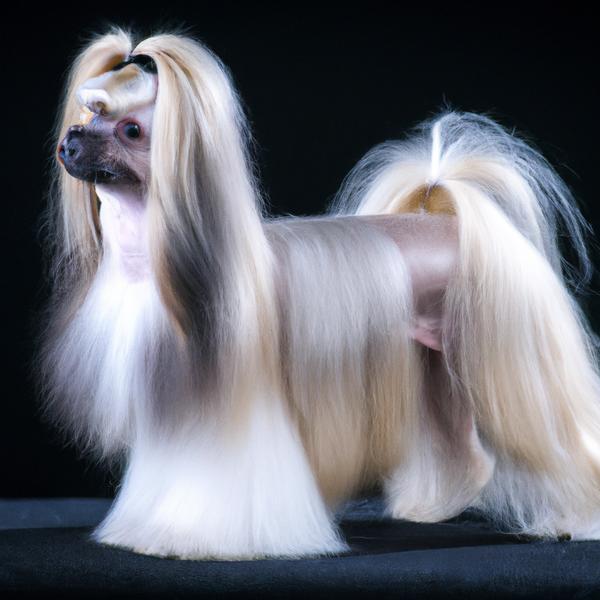
Silkzer
Papi-poo vs Silkzer

Scotchi
Papi-poo vs Scotchi
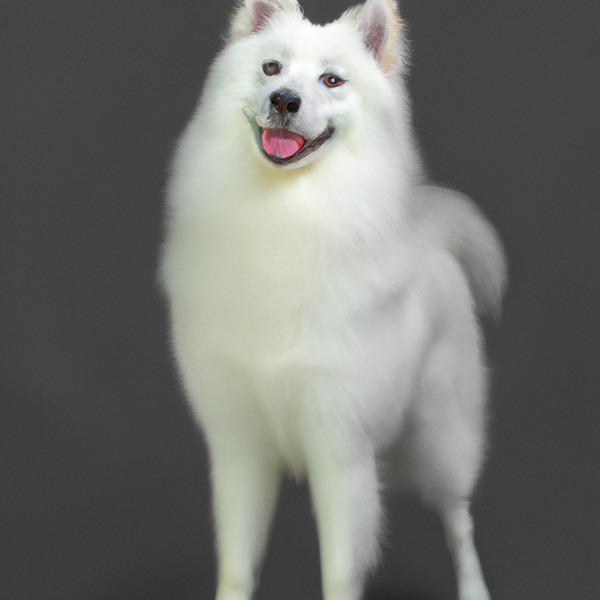
Japanese Spitz
Papi-poo vs Japanese Spitz
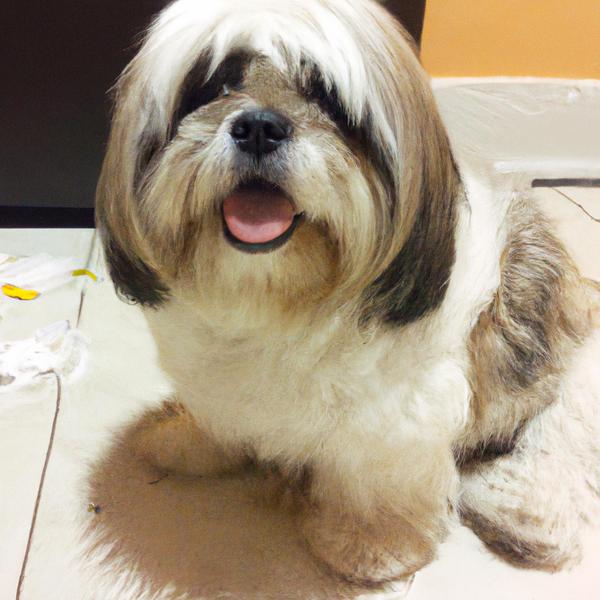
Be-Apso
Papi-poo vs Be-Apso
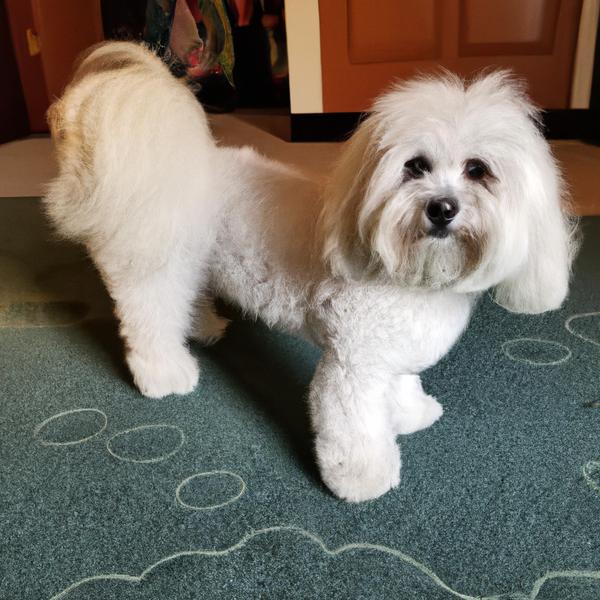
Silky Coton
Papi-poo vs Silky Coton